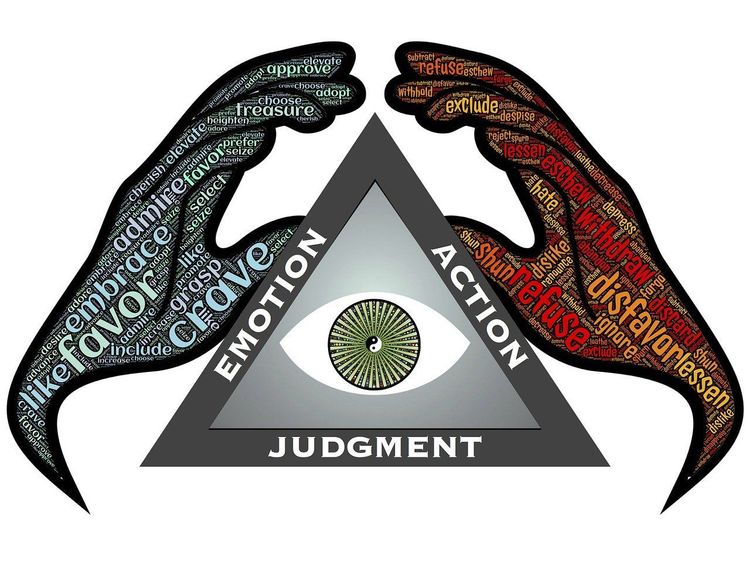Though overall startup funding has seen a decline, investment in AI has skyrocketed over the past year. Capital allocated to generative AI startups alone soared nearly eightfold from 2022 to 2023, reaching an impressive $25.2 billion by late December.
It’s no surprise, then, that AI startups took center stage at Y Combinator’s Winter 2024 Demo Day.
According to Y Combinator’s official startup directory, the Winter 2024 cohort boasts 86 AI startups, nearly double the number from the Winter 2023 cohort and close to triple that of Winter 2021. Whether you call it a bubble or overhyped, one thing is clear: AI is undeniably the technology of the moment.
As we did last year, we explored the latest Y Combinator cohort — the startups presenting during this week's Demo Day — and selected some of the most intriguing AI ventures. Each was chosen for a unique reason, but they all stand out for their innovative technology, potential market reach, or impressive founders’ backgrounds.
Hazel
Founders August Chen (formerly of Palantir) and Elton Lossner (ex-Boston Consulting Group) argue that the government contracting process is fundamentally flawed. Contracts are scattered across thousands of websites and can comprise hundreds of pages filled with overlapping regulations. Indeed, the U.S. federal government signs an estimated 11 million contracts annually.
Responding to these bids often consumes entire business divisions, augmented by outside consultants and legal firms. Chen and Lossner's answer is Hazel, an AI-driven platform designed to automate government contracting discovery, drafting, and compliance.
Using Hazel, users can connect to potential contracts, generate draft responses based on the RFP (Request for Proposal) and their company information, create a comprehensive checklist, and run compliance checks automatically.
While there’s valid concern that AI can produce unreliable results, even a marginal improvement in efficiency could save a significant amount of time and resources, allowing smaller firms to compete for a share of the hundreds of billions of dollars in annual government contracts.
Andy AI
Home healthcare providers often drown in paperwork — a reality Tiantian Zha understands well from her time at Verily, Google’s life sciences division, where she engaged in innovative projects from personalized medicine to combating mosquito-borne diseases.
Zha discovered that documentation significantly hampers at-home nurses, with one study finding that they spend over a third of their time on paperwork, detracting from patient care and contributing to burnout. To tackle this problem, Zha co-founded Andy AI with Max Akhterov, a former Apple engineer. Andy AI acts as an AI-powered scribe, transcribing spoken details from patient visits and generating electronic health records.
While any AI transcription tool carries a risk of bias — potentially failing to work effectively for all users due to variable accents and word choices — the demand for solutions like Andy AI is likely to grow as healthcare increasingly transitions to home-based models.
Precip
If your experience with weather predictions resembles mine, you’ve likely found yourself caught in a rainstorm despite forecasts of clear skies. But that doesn’t have to be the case.
Enter Precip, an AI-driven weather forecasting platform founded by Jesse Vollmar, who previously launched FarmLogs, a crop management software startup. Teamed with Sam Pierce Lolla and Michael Asher, Precip aims to offer reliable precipitation analytics.
Precip provides high-precision estimates of rainfall for specific geographic areas over past periods, backing its capability with forecasts extending up to seven days. Vollmar asserts that Precip can deliver metrics down to the kilometer.
These valuable insights benefit various sectors: farmers can monitor crop health, construction crews can optimize scheduling, and utilities can predict service interruptions. As weather prediction apps flood the market, Precip aims to distinguish itself with enhanced accuracy — granted its AI lives up to the expectations.
Maia
Claire Wiley launched a couples coaching program while pursuing her MBA at Wharton, which sparked her interest in a tech-forward approach to relationships and therapy. This journey led to the creation of Maia.
Co-founded with Ralph Ma, a former Google research scientist, Maia seeks to empower couples with AI-driven relationship guidance. In Maia’s mobile apps, couples engage in a group chat and respond to daily prompts exploring challenges, past issues, and expressions of gratitude.
Maia intends to monetize through premium features like tailored programs from therapists and unlimited messaging, although currently, there’s a cap on texts between partners — a somewhat arbitrary limitation. Wiley and Ma, both from divorced backgrounds, collaborated with relationship experts to develop the Maia experience. However, questions remain regarding the scientific soundness behind Maia's approach and its potential to stand out in a saturated market of relationship apps.
Datacurve
Generative AI applications like ChatGPT rely on massive datasets composed of public and proprietary information sourced from the internet, such as ebooks, social media posts, and blogs. However, some of this data is fraught with legal and ethical issues, not to mention inherent flaws.
Serena Ge and Charley Lee view the lack of quality data curation as a critical problem. Together, they launched Datacurve to supply “expert-quality” data specifically tailored for training generative AI models.
Datacurve specializes in code data, which is notoriously challenging to gather due to the expertise required for labeling and restrictive usage licenses. The platform gamifies the process by rewarding engineers for solving coding challenges, contributing to curated datasets available for training models focused on code optimization, generation, debugging, UI design, and more.
Though Datacurve offers a compelling approach, its success hinges on the quality of its curated datasets and its ability to engage enough developers for ongoing refinement.







